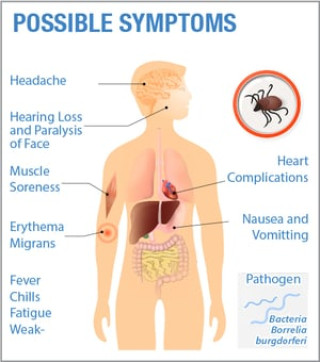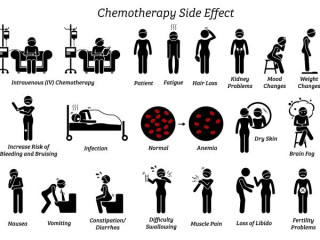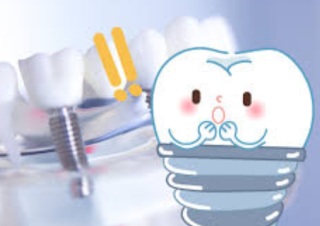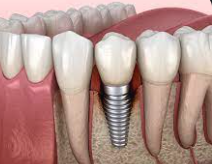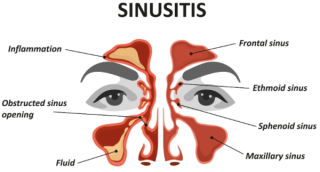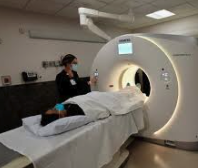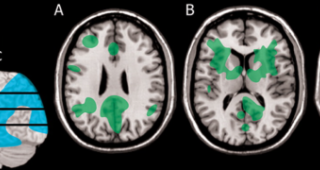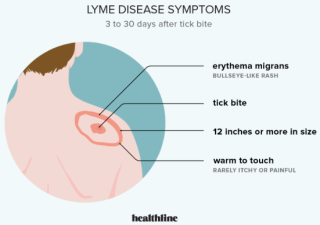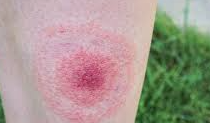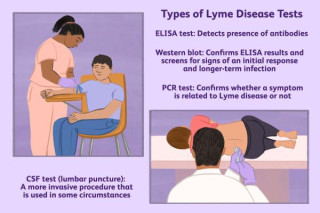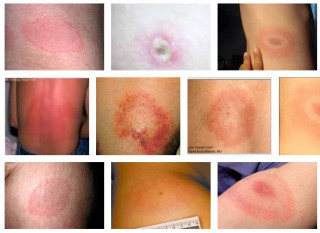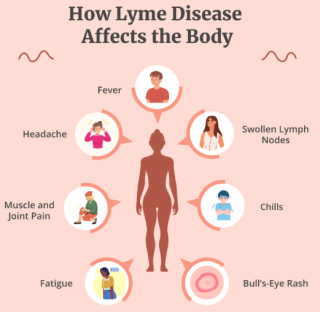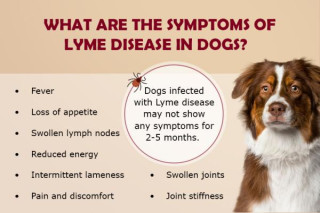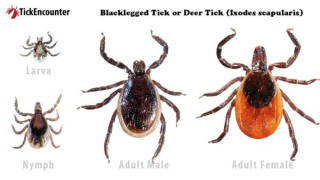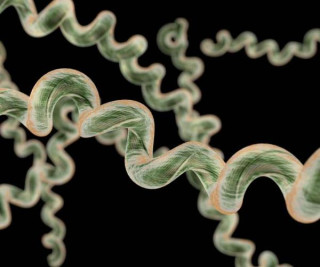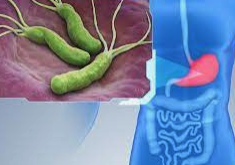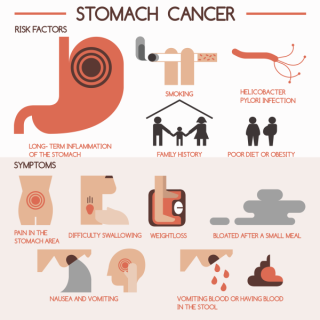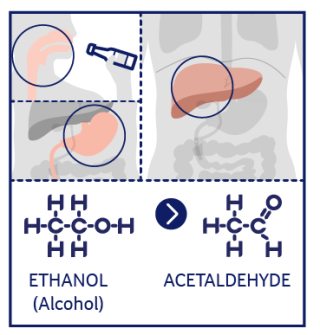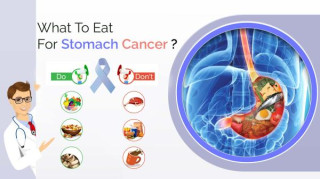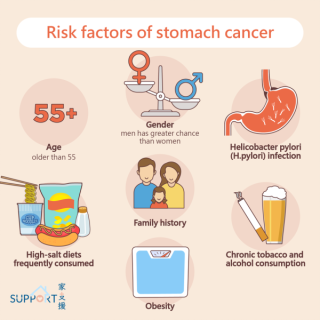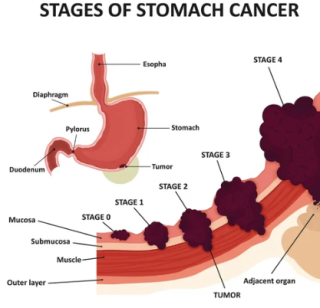Recognizing Lyme Disease Symptoms in Humans: A Comprehensive Guidecreated at May 06, 2009 1,567 1,567 Lyme disease, |
Balancing Act: Understanding the Side Effects of Biological Therapy in Stomach Cancer Treatmentcreated at May 04, 2009 1,282 1,282 Biological therapy for stomach cancer, |
Ensuring Long-Term Success: How Often Should You Have Your Implants Checked?updated at Nov 09, 2025 1,301 1,301 Professional Cleaning and ExaminationThe longevity and success of your dental implants depend heavily on consistent care.A critical component of this care involves regular professional cleaning and examination.Generally, |
Debunking the Myth: Is Dental Implant Surgery Painful?updated at Nov 07, 2025 1,496 1,496 The prospect of dental implant surgery often conjures up images of intense pain.However, |
Who should take Biological Therapy?created at May 19, 2009 1,875 1,875 Biological therapy, |
Debunking the Myth: Alcohol and Sinusitiscreated at May 08, 2009 1,599 1,599 The common belief that alcohol worsens sinusitis is not entirely a myth, |
Exploring Sinus Dysfunction: Factors Affecting Ciliary Functionupdated at Nov 07, 2025 1,375 1,375 Understanding why cilia, |
Understanding Sinus Drainage: The Role of Ciliaupdated at Nov 08, 2025 1,427 1,427 Ciliary Action: The Body's Microscopic Conveyor BeltTiny, |
Demystifying Sinusitis Diagnosis: Insights into the Processupdated at Nov 08, 2025 1,586 1,586 Clinical EvaluationThe initial step in diagnosing sinusitis revolves around a comprehensive clinical evaluation.This includes a detailed discussion of your medical history, |
Does Lyme disease affect mental functioning?updated at Nov 07, 2025 1,437 1,437 Does Lyme Disease Affect Mental Functioning?Lyme disease, |
How do I know if I have got Lyme disease?created at May 06, 2009 1,257 1,257 Lyme disease symptoms can vary greatly but often begin with a characteristic expanding rash (erythema migrans) at the site of a tick bite.Other early symptoms may include fever, |
Will my doctor treat me for Lyme disease?updated at Sep 06, 2025 1,335 1,335 Doctors typically treat Lyme disease when a patient presents with symptoms consistent with the disease, |
Does other diseases accompany Lyme Disease?updated at Nov 08, 2025 1,758 1,758 Lyme disease can often be accompanied by other diseases or conditions. These are sometimes referred to as co-infections or opportunistic infections.Here's a breakdown:Co-infections: These are other tick-borne diseases that can be transmitted at the same ti... |
A test for Lyme Diseaseupdated at Nov 08, 2025 1,410 1,410 Two-Tiered Serological TestingThe most common approach to testing for Lyme disease involves a two-tiered serological process using blood tests.This method looks for antibodies your body produces in response to Borrelia burgdorferi, |
Is Lyme disease a New Illness?updated at Nov 07, 2025 1,830 1,830 Is Lyme Disease a New Illness?Lyme disease is not a new illness.Although formally identified and named in 1975 following an outbreak in Lyme, |
How prevalent is Lyme disease?updated at Nov 07, 2025 1,611 1,611 Lyme Disease Prevalence: A Public Health ConcernLyme disease stands as the most common vector-borne illness in both the United States and Europe.Its widespread presence and the challenges associated with diagnosis and reporting make it a significant public... |
What are the commonest Lyme Disease Symptoms at onset?updated at Nov 08, 2025 1,560 1,560 Lyme disease, |
How does Lyme Disease start?updated at Nov 08, 2025 1,428 1,428 Lyme disease is an infectious disease caused by a spiral-shaped bacterium of the *Borrelia* genus, |
Unraveling Borreliosis: Understanding the Disease Caused by Borrelia Bacteriaupdated at Nov 08, 2025 1,398 1,398 Borrelia BacteriaBorreliosis, |
How does Lyme disease infection occur?updated at Oct 30, 2025 1,384 1,384 Lyme disease infection occurs through the bite of an infected blacklegged tick (also known as a deer tick).These ticks acquire the bacteria, |
What is Lyme Disease?created at May 06, 2009 1,438 1,438 Lyme disease is a bacterial infection transmitted to humans through the bite of infected blacklegged ticks.The bacteria responsible is Borrelia Burgdorferi (and in some areas, |
Lyme disease in Domestic Animalsupdated at Nov 08, 2025 1,372 1,372 Lyme Disease in Domestic AnimalsLyme disease, |
Unveiling the Role of the Deer Tick in Lyme Disease Casescreated at May 06, 2009 1,477 1,477 The deer tick, |
Decoding Lyme Disease Diagnosis: Unraveling the Mysteryupdated at Nov 08, 2025 1,566 1,566 The Diagnostic Dilemma of Lyme DiseaseDiagnosing Lyme disease is notoriously complex and frustrating, |
Precision and Progress: Navigating Surgery as a Primary Treatment for Stomach Cancerupdated at Nov 13, 2025 1,531 1,531 Surgery is a primary treatment for stomach cancer, |
Unveiling the Link: Helicobacter pylori Infection and the Risk of Stomach Cancerupdated at Nov 14, 2025 1,324 1,324 Helicobacter pylori: A Key Risk FactorHelicobacter pylori (H.pylori) is a prevalent bacterium strongly linked to various stomach ailments, |
How Previous Stomach Surgery Might Increase Stomach Cancer Riskcreated at May 04, 2009 1,338 1,338 Previous stomach surgery, |
The Looming Threat: Stomach Cancer and its Ties to Tobacco and Alcohol Abusecreated at May 04, 2009 1,371 1,371 Stomach cancer, |
The Link Between Diet and Stomach Cancercreated at May 04, 2009 1,359 1,359 Diet plays a significant role in stomach cancer risk.A diet high in processed meats, |
Understanding the Risks Between Aging and Stomach Cancercreated at May 04, 2009 1,299 1,299 The risk of stomach cancer increases significantly with age, |
Biological Therapy for Colorectal Cancercreated at May 04, 2009 1,397 1,397 Biological therapy for colorectal cancer, |
Exploring Chemotherapy: A Powerful Weapon Against Cancercreated at May 04, 2009 1,360 1,360 Chemotherapy, |
The basic information for Stomach cancercreated at May 03, 2009 1,390 1,390 Stomach cancer, |
